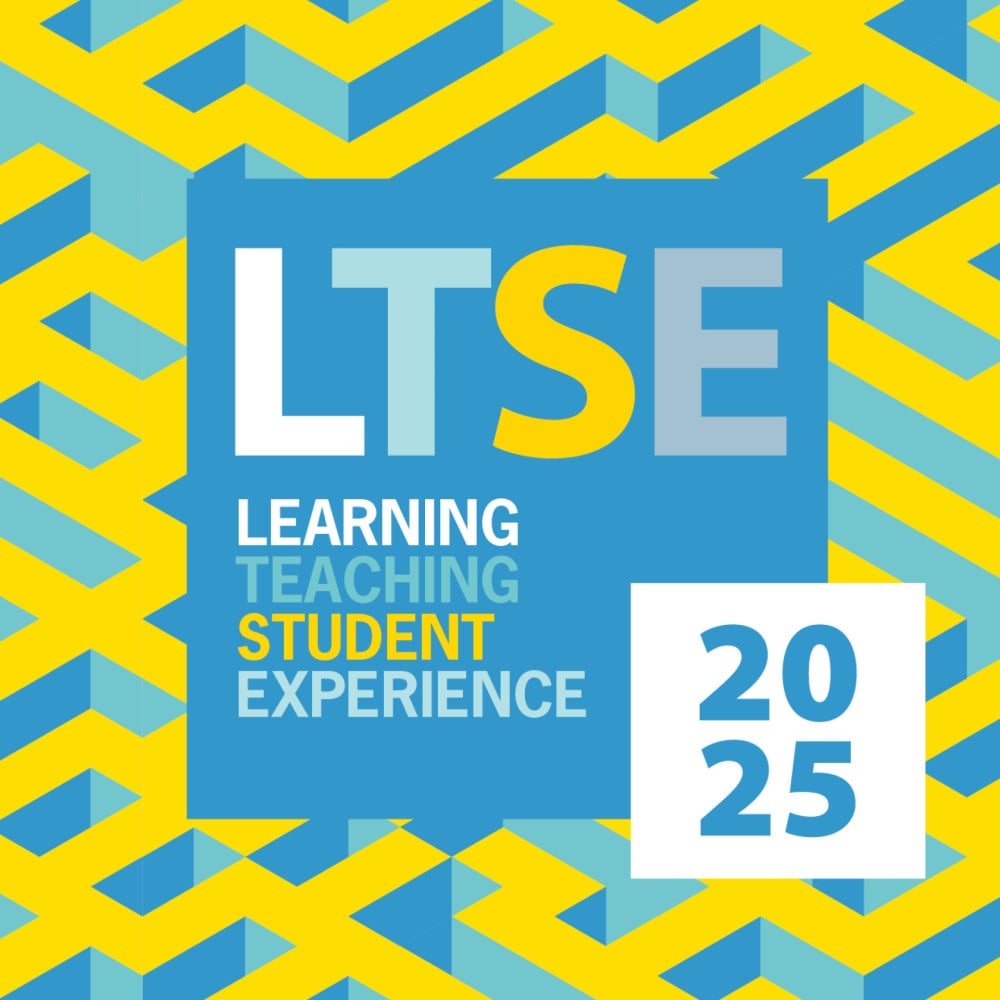
Chartered ABS responds to the DfE’s technical consultation on the International Student Levy
The Chartered ABS has submitted its response to the Department for Education’s technical consultation on the International Student Levy.
- Home
- / Insights
- / Knowledge sharing
- / Collaboration with employers on degree apprenticeships is not just beneficial, it’s essential
Collaboration with employers on degree apprenticeships is not just beneficial, it’s essential

Authors

Dr Louise Sutton
Academy Director, Consalia

Dr Sarah Bloomfield
Lecturer in Work Based Learning, The Open University Business School
Dr Sarah Bloomfield and Dr Louise Sutton reflect on the impact of sharing their learnings with delegates at LTSE 2024 and how it revealed how many other business schools share some of the same challenges when delivering our degree apprenticeship programme.
Attending the Chartered ABS Learning, Teaching & Student Experience (LTSE) 2024 conference in May 2024 was a great opportunity to share and discuss the benefits and challenges of delivering degree apprenticeships with academic colleagues from other institutions. We were keen to join the conference to share our learnings from a Department for Education funded Apprenticeship Workforce Development (AWD) project that we conducted in 2023, in collaboration with Middlesex University, The Open University, and Consalia Sales Business School.
Our presentation built on the theme ‘collaborating with business’, and our session ended up as a cathartic experience for all involved, with the realisation that we share many of the same challenges when delivering our different degree apprenticeship programmes.
Degree apprenticeships as an integrated learning experience
Our AWD project explored leadership and management degree apprenticeships as an integrated learning experience: rather than one that created a divide between ‘on’ and ‘off’ the job learning. As a project team, we spent six months discussing integrated learning in terms of what apprentices learn, how they learn, and where they learn. An overarching theme coming out of our research emphasised the importance of working alongside the apprentices, employing organisations to enhance the integration between the business school and the workplace.
In ‘traditional’ degrees, students engage in module learning as an individual experience. Degree apprenticeships include module learning, but also require students to complete related activities in their workplace as part of their programme, and having to learn with and from others is inbuilt into their learning experience.
Lester (2020, p. 705) discusses how the organisation should be ‘a site of learning and knowledge production as well as knowledge application’. Our project findings highlight that to enable this to happen effectively within degree apprenticeships there needs to be i) the right fit between the apprentice, their role, and their chosen apprenticeship; ii) a curriculum centred around workplace practice; and iii) a learning culture within the organisation; leading to iv) multiple learning opportunities provided in the workplace throughout the programme.
The integration of ‘others’ in degree apprenticeships
Within our session we highlighted the crucial role of ‘others’ in apprentices’ learning experience. This is in line with Lillis and Bravenboer (2020, p. 734) who discussed how the ‘integration of work and learning requires dynamic integration between employers, providers, practitioners and learner to succeed’. We would argue however that the ‘employer’ extends far beyond the ‘line manager’ as is usually discussed within degree apprenticeship, and beyond the ‘Tutor’ who represents the ‘provider’ in the ‘tripartite relationship’. We see ‘others’ that play a crucial role in the integrated learning experience, including the likes of cohort peers, programme coaches, subject matter experts and work colleagues.
Looking forward
We ended our session summarising findings that, for successful degree apprenticeships, collaboration with employers is not just beneficial, but it is essential. This should include i) designing a holistic apprenticeship programme with employers from the outset; ii) enabling authentic learning experiences in the workplace to benefit both the apprentices and the employer; and iii) ensuring regular and frequent interaction with a range of stakeholders within the employing organisation to enable a partnership approach.
Schwab (2016, p.13) highlighted ‘the question for all industries and companies, without exception, is no longer “Am I going to be disrupted?” but “When is the disruption coming, what form will it take, and how will it affect me and my organisation?”’. We may not have solved the problem of ambiguity and the unknown future of apprenticeships, but we have realised we are not alone in the challenges we face. Through the AWD project we have benefited from our own collaboration and learning from each other, and from the discussions in the conference room at LTSE, we have extended that further. Two things we believe we have all learnt is that: i) we are not alone; and ii) we need to keep talking!
References:
Lester, S. (2020). Creating conditions for sustainable degree apprenticeships in England, Higher Education Skills and Work Based Learning, Vol 10 No. 5, pp 701-714.
Lillis, F., and Bravenboer, D. (2020). The best practice in work-integrated pedagogy for degree apprenticeships in a post-viral future, Higher Education, Skills and Work-based learning, Vol 10, No 5 pp. 727-239.
Schwab, K. (2017), The Fourth Industrial Revolution, UK: Penguin.
LTSE 2025
Find out more about LTSE 2025 taking place in Nottingham on 19-20 May.

